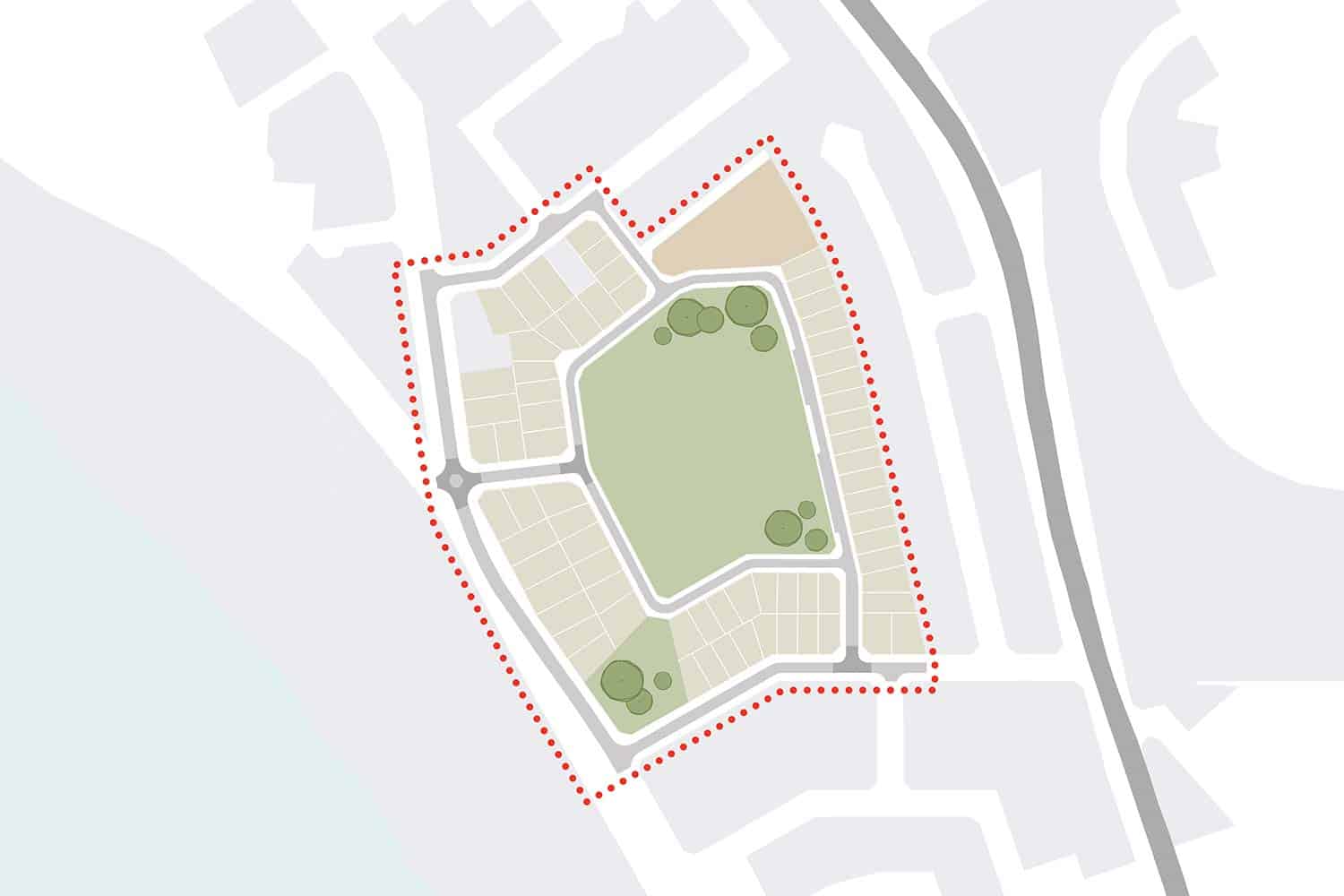
Proven Projects identified, soon after our appointment as project managers, a number of key risks affecting timing and costs on the project.
We prepared a suitable risk assessment report highlighting construction management issues, environmental issues and co-ordination issues likely to impact the project. Proven Projects then developed strategies and implemented those strategies to mitigate the time and cost risk factors identified.
It was also important, early on in the project, to identify and understand how the Olive Street project fitted with other projects the City was undertaking that were both physically and financially connected to the subdivision project. The project plan was then developed in conjunction with the City’s Stormwater Harvesting Campaign which set the critical path for the Olive Street Residential Project.
Proven Project Management identified prior to the commencement of detailed designs, modifications to the plan of subdivision to help improve the project economics and design outcomes for the subdivision.
Proven Projects undertook a detailed feasibility analysis of the project and presented the findings to the City’s Executive Management Team. The feasibility analysis included the application of various sensitivity models which enabled the City to understand that further environmental investigative work was required to better understand the costs of construction.
One of the key design responses for the project is the alternate stormwater management system. This presented a challenging aspect given the need to coordinate with a federally funded Stormwater Harvesting Campaign that was being designed by the City for a wider locality. The co-ordination of the civil engineering drawings with the City’s Stormwater Harvesting Campaign was achieved as required by the Client.
